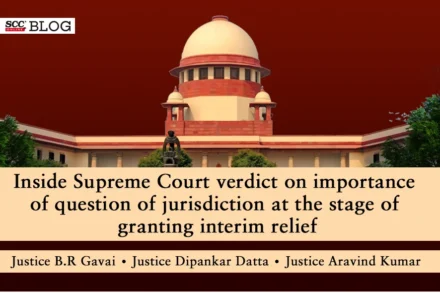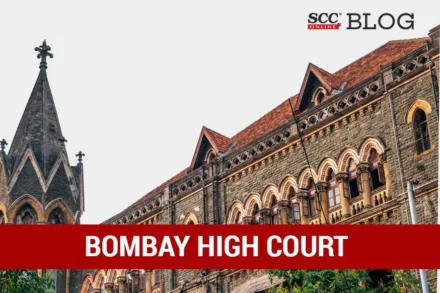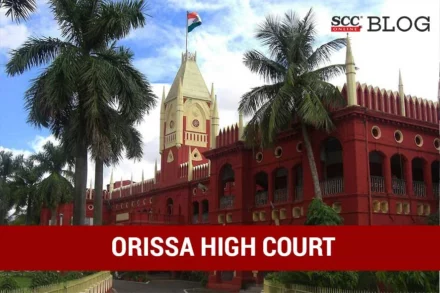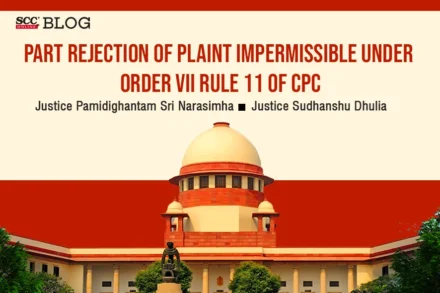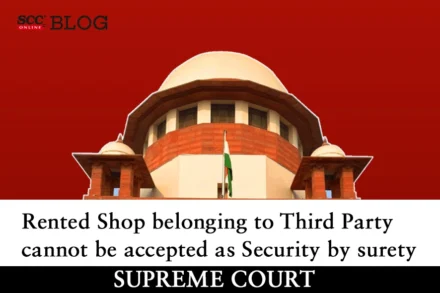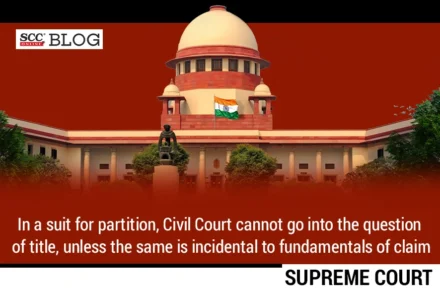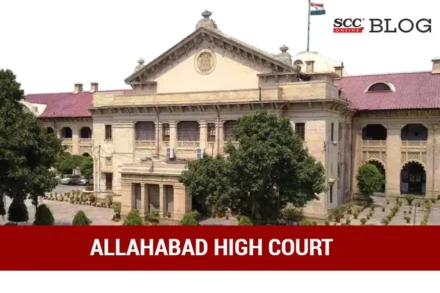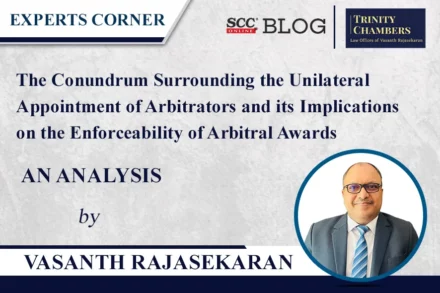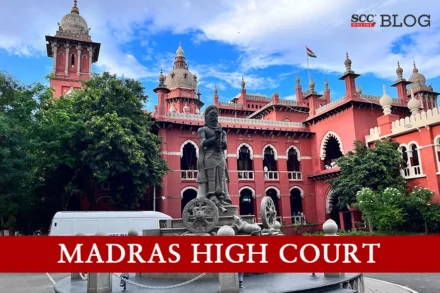
Scope of powers to District Registrars under Registration Act cannot be expanded for adjudication of civil disputes or rights: Madras HC
“District Registrar is duty bound to draw a distinction between the summary proceeding and the trial nature proceedings with reference to the Registration Act and the Code of Civil Procedure”



